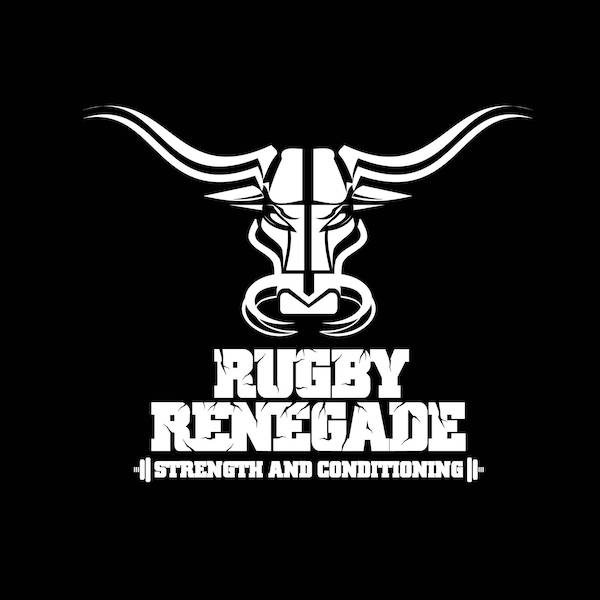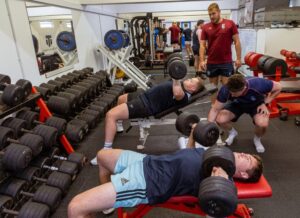Part of our nutrition for rugby articles series this article covers a key concept in nutrition. The Three T’s.
- Type
- Total
- Timing
It will give you a valuable framework to make sure that your nutrition is at the standard that it needs to be at to optimise your training and performance!


NUTRIENT TYPE
The type and quality of your food is a concept that most rugby players are already in-tune with when it comes to food. Nutrition for Rugby is built on high quality, unprocessed foods whether they be proteins, fats, carbs, micronutrients or supplements go for the highest quality at all times. Calories are easy to find. Empty calories like the ones found in alcohol and heavily processed foods are damaging. High quality calories found in micronutrient dense fresh fruits & vegetables, minimally processed carbohydrates and clean sources of protein are top of the priority list when making “type” choices of what to eat.
NUTRIENT TOTAL
Once you have made good “type” choices and are eating good quality foods. Total comes next, how much of the good stuff should you be eating? Even too much of a good thing can lead to excessive calorie intake and unwanted weight gain. Your intake needs to match the demands!
Everyone is different and an individual approach is needed, especially when it comes to fine tuning your diet but some general guidelines do exist.
Total Intake According to Body Weight:
Protein: 1.8-2g per Kg of bodyweight (varies with age but high protein intake is advantageous)
Fat: 1g per Kg of bodyweight
Both Protein and Fat intake should stay relatively stable through the week. As carbohydrates provide us with our fuel, the amount of carbohydrate should change depending on the amount of work done. A traffic light system can be a useful guide:
Carbohydrate
Red day (high training demands): Over 5g per Kg of bodyweight
Amber day (moderate training demands): 3-5g per Kg of bodyweight
Green day (low training demands): Less than 3g per Kg of bodyweight
NUTRIENT TIMING
Finally in the Three Ts needed for optimal nutrition for rugby, timing.
All meals and snacks should contain the basic components – protein, fats and carbs.
Ideally you should not go more than 3 hours without eating a meal or snack.
This is the best way to provide your body with a constant source of protein for muscle growth and will maintain good energy levels and avoids the need to overeat at anyone meal time. When trying to gain lean muscle you may find it easier to have liquid snacks in between meals until you get used to eating a larger quantity of food…
Tip – try to reduce high-energy carb intake towards the evening if you trained the morning and have already refuelled or if your bodyweight is increasing to quickly. If this is the case then add more of the low energy carbs (salads and veg.)
The first 40 minutes post training is the best time to supply your body with correct nutrition. This can help the following the benefits –
- Refuels muscle glycogen
- Aids muscle repair and growth
- Supports Immune System
Some athletes find it difficult to eat straight after a hard session, in this scenario a recovery shake will allow the athlete to supply their body with the nutrients it needs until they feel ready to eat. If you are using shakes we recommend Nutrition-X products.
The main advantage of a recovery shake is quick digestion and absorption time. A pint of semi skimmed milk and a banana works great as recovery option, the milk provides 20g protein and the combination provides approx. 50g of carbs. For those who are not gaining weight then blend 2 bananas into the milk and add a tablespoon of honey as well.
This would then be followed by a meal approx. 1 hour later, good example would be baked potato with tuna, baked beans and mixed salad.




